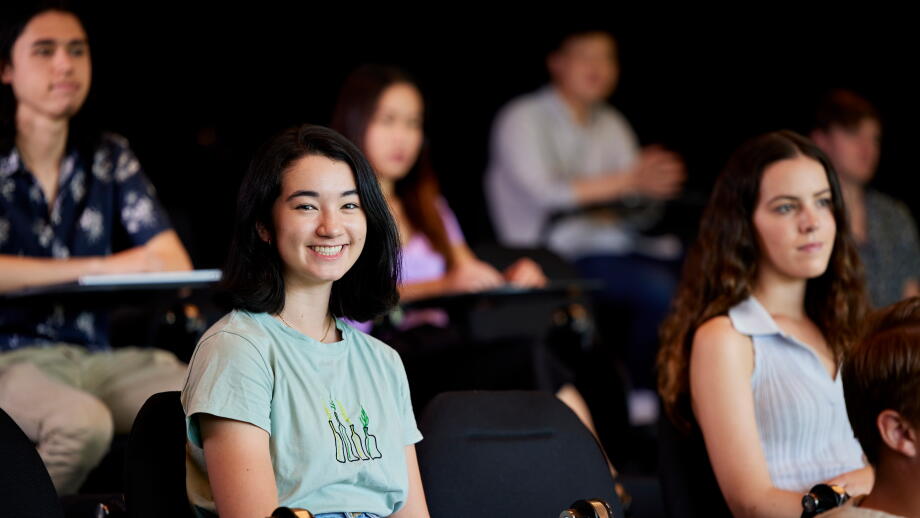In Short:
Many diversity interventions for women are ineffective. One reason for this may be that they do not consider differences among women, specifically, differences by racialization may be excluded from such diversity interventions. This reseach examines whether racially marginalised women have different diversity interventions needs than White women, and whether organisations are less likely to address these needs.
Overview
More women are entering the labour market than ever before. Yet, gender disparities in career advancement remain. Compared to men, women are still underrepresented in the labor market, paid less, and relegated to traditionally lower-paid work sectors. In academic social sciences, particularly, women are paid less and are highly underrepresented in tenured positions or positions of power, despite increased representation in junior academic positions. These inequalities widen when considering racially marginalised women, who show lower rates of labour market participation, higher rates of unemployment, and more frequent experiences of discrimination than White women.
In response to these inequities, organisations frequently implement diversity interventions that aim to enhance participants’ professional development and prominence, as well as make working conditions more inclusive and equitable. Women are often the target of these diversity interventions, where the goal is to help women overcome the gendered barriers that they face. However, perceptions of gender and race are intertwined, where gender is often interpreted together with one’s race and vice versa. Despite the co-constitution of gender and race, the differences in how racialisation affects racially marginalised women and how it results in different needs for successful interventions, may not be incorporated in the content for these diversity interventions to fully support these women.
Indeed, even within the field of social sciences from which these diversity interventions are frequently based on, there are vulnerabilities that racially marginalised women uniquely experience that often remain at the margins. While there have been gains on the basis of gender in academia, less progress seems to have been made on the basis of race. Foreign women in academia strongly describe being hidden from view in academic studies and from the professional work floor. Even when these experiences come to light, they are often unaddressed due to the strong endorsement of meritocracy and colourblindness in academic institutions. Therefore, overlooking the overlap between racialisation and gender within the social sciences is presumably transferred onto the product of diversity intervention themselves.
Racially marginalised women may thus experience ‘intersectional invisibility’ in these diversity interventions for women, where a person with multiple subordinate group identities are rendered “invisible” relative to those with a single subordinate identity. In this research, we examine how a form of intersectional invisibility may be present in diversity interventions for women. We do this by first exploring whether there are racialized differences in what women consider to be beneficial for them in a diversity intervention, that is, if there are differences in their intervention needs. Second, we examine how these intervention needs are respectively represented among organisations.
Contact
Michelle Ryan
Director
Intersectionality & identity, Leadership & the Glass Cliff, Relationships & the care economy, The workplace & working lives
You may also like
Gender expectations, socioeconomic inequalities and definitions of career success
Higher Education is generally regarded as a pathway to career opportunities, and research shows that students' expectations of their career success while they are studying are an important…
"Fitting in whilst standing out"
Professional British women of African, Asian, and Caribbean ethnicities contend with unique challenges and experiences in the workplace. These challenges are often due to experiences that occur at…
How identity impacts bystander responses to workplace mistreatment
How does identification—with an organisation, with one's gender, and as a feminist—shapes bystanders’ interpretations and responses to incivility towards women at work?




